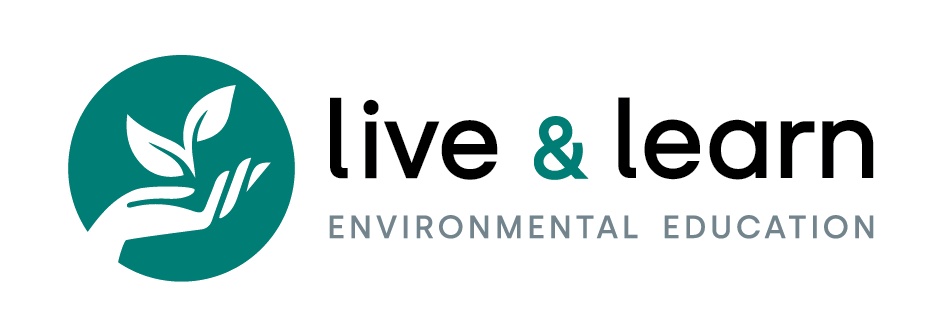For many generations the people of Talihau have lived with fishing and agriculture as their central livelihood activities, working with the beautiful ecosystems they live among. Crops like taro and yams grow well in the fertile soils, while fish and diverse marine life has almost always been plentiful in the crystal waters. Traditional customs also remain strong in Talihau, with communal living, strong family ties and cultural practices like dances, music and storytelling remaining alive in the community.
But they are not entirely immune to the effects of climate change and environmental degradation, which has been seen in the reducing stocks of fish in their waters. However, Tapavalu Mahe, a local holder of Indigenous knowledge, believes reviving their traditional fishing methods can help counter this effect.

‘The community back in the days have access to sufficient quantities of food through the use of Indigenous knowledge in fishing methods, like ‘uloa,’ Tapavalu says. ‘Practices like ‘uloa can contribute to increased food security within the community. Bringing back this knowledge and putting it to use will promote healthy living, as well as a solution to climate change issues’
‘Uloa is a fishing method that is an integral part of local Indigenous culture and heritage. Focusing on the sustainable harvesting of fish and other sea life through the connection to their ecosystems and others in the community, ‘uloa can not just maintain wellbeing, mental health and community ties but can also ensure ongoing economic benefits for the community.
‘By enhancing seafood production through traditional aquaculture practices, communities may create opportunities for local entrepreneurship, job creating and economic development, which can lead to improved livelihoods and financial stability within the community,’ says ‘Anaseini Tu’ineau, Climate Resilient Islands Coordinator for Live & Learn Tonga.
‘Not only that, it enhances the community’s resilience to external challenges such as climate change impacts or disruptions in food supply chains. By relying on traditional knowledge and practices, communities can adapt to changing conditions while maintaining their cultural integrity.’
During Indigenous Knowledge Leadership Training organised by Live & Learn Tonga, Tapavalu was able to demonstrate the ‘uloa fishing method to attendees, with a focus on ensuring younger generations understood how to implement it, so that it would not be forgotten.
Similar activities were done by the people of Pangaimotu, a village not far from Talihau.
As in Talihau, Pangaimotu sits among beautiful and varied ecosystems across land and sea that the local people rely on for food and livelihoods, yet which is vulnerable to climate change’s impacts.
‘Their traditional practices are often aimed at preserving the balance of ecosystems and ensuring sustainability for future generations,’ ‘Anaseini says. ‘By respecting nature’s limits and understanding the interconnectedness of marine life, Indigenous people in this village have been able to maintain healthy fisheries for centuries…emphasising sustainable harvesting techniques that allow fish populations to replenish themselves over time.
‘By understanding the intricate relationships between different species and ecosystems, Indigenous communities can effectively manage their natural resources while preserving biodiversity.’
As one Pangaimotu resident said, much of this comes down to a deep connection with their land and seascape which has been built up over many generations.
‘Our forefathers taught us how to read nature’s signs, predict weather patterns, and conduct sustainable land management,’ they said. ‘This wisdom has guided us for ages, allowing us to prosper despite climate change.’
In Talihau, Tapavalu is glad to now be sharing such information himself with the younger generations. He highlights the importance of not just technical knowledge related to farming, fishing and other practices, but also storytelling, to ensure it remains embedded in the community.
‘Oral traditions play a crucial role in preserving Indigenous knowledge through storytelling,’ he says. ‘Myths, legends and narratives pass down valuable insights about history, culture, ecology and ethical values within communities…validating [our] ways of knowing and teaching, acknowledging the wisdom passed down through generations and giving a sense of pride.’

